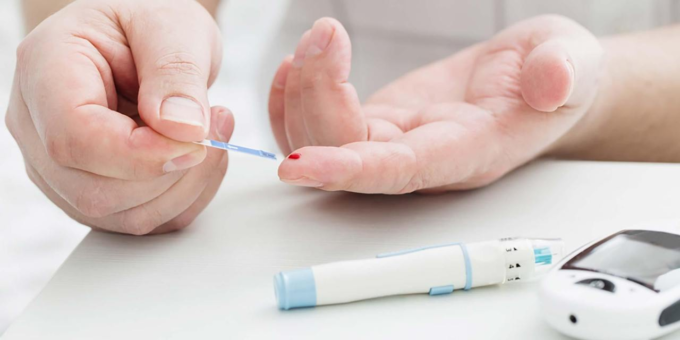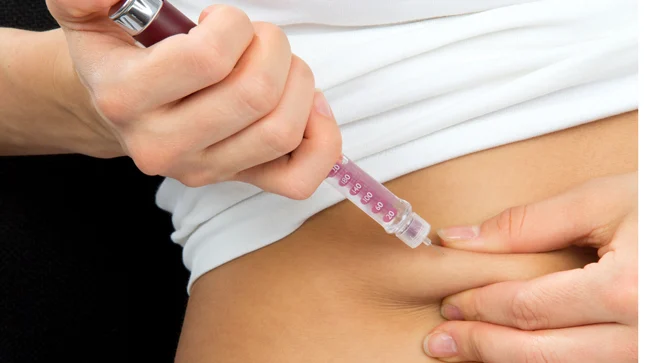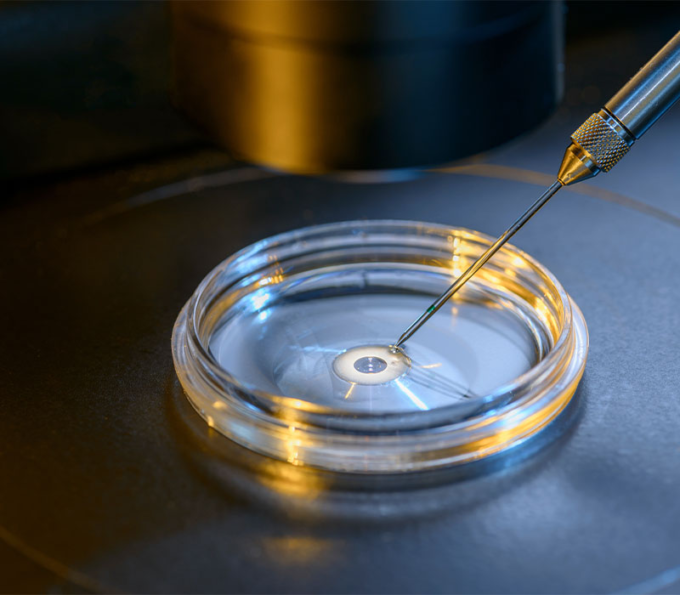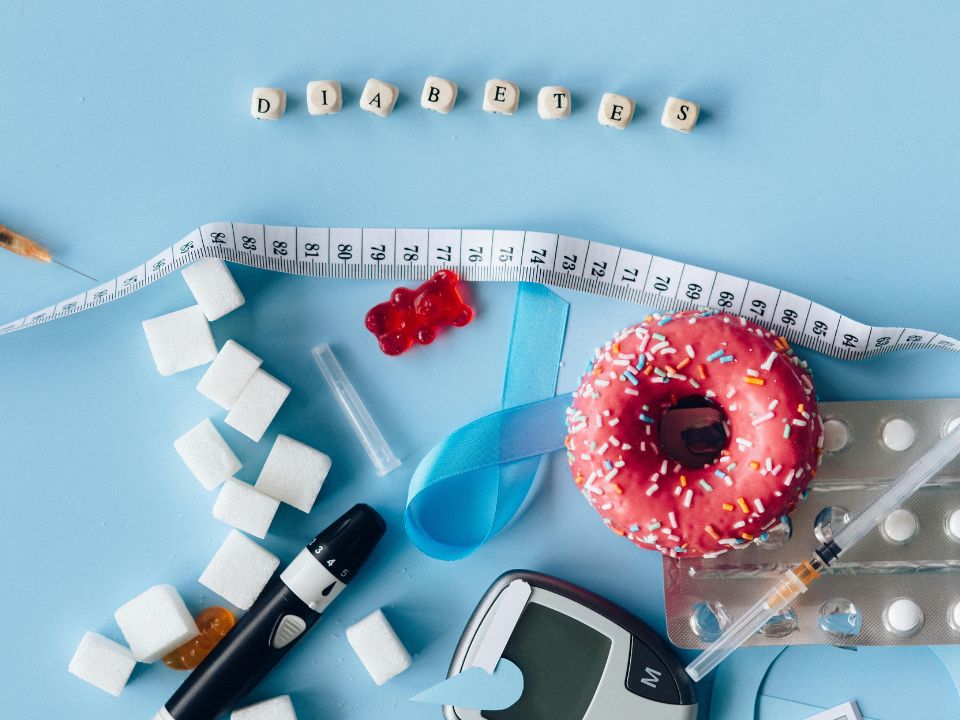Diabetes mellitus is characterized by high blood glucose levels and, if left uncontrolled, can affect a man’s fertility in several ways.
The first step in controlling diabetes is to eat a healthy diet and exercise regularly. If this is not enough, you may need to take medication or insulin injections.
Diabetes treatment is usually enough to restore fertility. Otherwise, in vitro fertilization with intracytoplasmic sperm injection (IVF+ICSI) is the treatment of choice to achieve pregnancy.

It is advisable to perform a sperm DNA fragmentation test before starting any assisted reproduction treatment since diabetes mellitus damages sperm DNA and a high fragmentation rate could affect the success rates of these procedures.
What is diabetes mellitus?
Diabetes mellitus is a disease in which the body does not produce enough insulin or does not use it properly. Insulin is a hormone that transforms sugar, starch, and other foods into the energy we need daily.
According to data from the World Health Organization, diabetes mellitus affects 200 million people worldwide, and it is estimated that by 2030 there will be 366 million diabetics.
Diabetes mellitus is characterized by high levels of glucose in the blood and if not controlled can affect a man’s fertility in several ways:
- About 50 percent of men with diabetes suffer from erectile dysfunction.
- It causes ejaculatory disorders such as retrograde ejaculation and anejaculation.
- It affects testosterone production and, therefore, sperm quality.
- Diabetics have a 60 percent higher rate of sperm DNA fragmentation.
- An egg fertilized by a sperm with fragmented DNA is less likely to become a healthy embryo and implant correctly in the uterus, which translates into a higher incidence of spontaneous abortions.
- When the disease is not controlled, there is a progressive decrease in sperm mobility, as well as a higher rate of alterations in its shape.
Women with uncontrolled diabetes may have ovulation problems or be more prone to cervical-vaginal infections.

Similarly, high blood sugar levels increase the risk of miscarriage and can cause birth defects in the fetus or even lead to excessive growth (macrosomia) and complications during delivery.
The main symptoms of diabetes mellitus
The main symptoms of diabetes mellitus are:
- Constant thirst.
- Excessive hunger.
- Need to urinate more often than normal.
- Unexplained weight loss.
- Numbness in hands and feet.
- Blurred vision.
- Frequent infections.
- Wounds that heal slowly.
- Fatigue or weakness.
- Dizziness.
- Irritability.
- Erectile dysfunction.
- Ejaculatory disorders.
- Infertility.
If you have any of these symptoms you should consult a doctor immediately, as timely treatment of diabetes can prevent various health problems.
Causes of diabetes mellitus
Diabetes mellitus occurs because the body does not produce enough insulin or does not use it properly.
Some factors that increase the likelihood of developing diabetes include:
- Being over 45 years old.
- Sedentary lifestyle.
- Bad eating habits.
- Obesity.
- Insulin resistance.
- High blood pressure.
- High cholesterol and triglycerides.
It is important to note that diabetes can be hereditary and men with parents or brothers who suffer from it are more likely to develop it.
How is diabetes mellitus diagnosed?
In addition to a physical examination and a review of the patient’s medical history, a fasting blood glucose test is necessary. A person with a blood glucose level of 126 mg/dl or higher has diabetes and should be treated.
People with diabetes mellitus need to have regular tests to make sure their glucose levels are under control.
If you have had trouble conceiving and are overweight or if someone in your family has diabetes, it is recommended that you have a blood test to rule out this disease.
Treatments for achieving pregnancy when you have diabetes mellitus
The first step to controlling diabetes is to eat a healthy diet and exercise regularly.
If this is not enough to keep your blood sugar levels under control, you may need to take medications such as sulfonylureas and metformin or take insulin injections.
Diabetes treatment is usually enough to restore fertility. Diabetics under good medical control, with good body weight and normal blood glucose and cholesterol levels, usually have better quality semen and ejaculate normally.
Otherwise, in vitro fertilization with intracytoplasmic sperm injection (IVF+ICSI) is the treatment of choice to achieve pregnancy because it makes it possible to inject a single sperm directly into the cytoplasm of a mature egg using a microscopic needle.

It is advisable to perform a sperm DNA fragmentation test before starting any assisted reproduction treatment since a high fragmentation rate could affect the success rates of these procedures.
In the case of a man suffering from anejaculation or if there are no good quality sperm in the ejaculate, it is possible to recover them using epididymal aspiration or testicular biopsy. Patients with erectile dysfunction can take medication to restore erections.
It is important to note that in cases of retrograde ejaculation, it is possible to recover sperm directly from urine to use in assisted reproduction treatments after a washing process.

